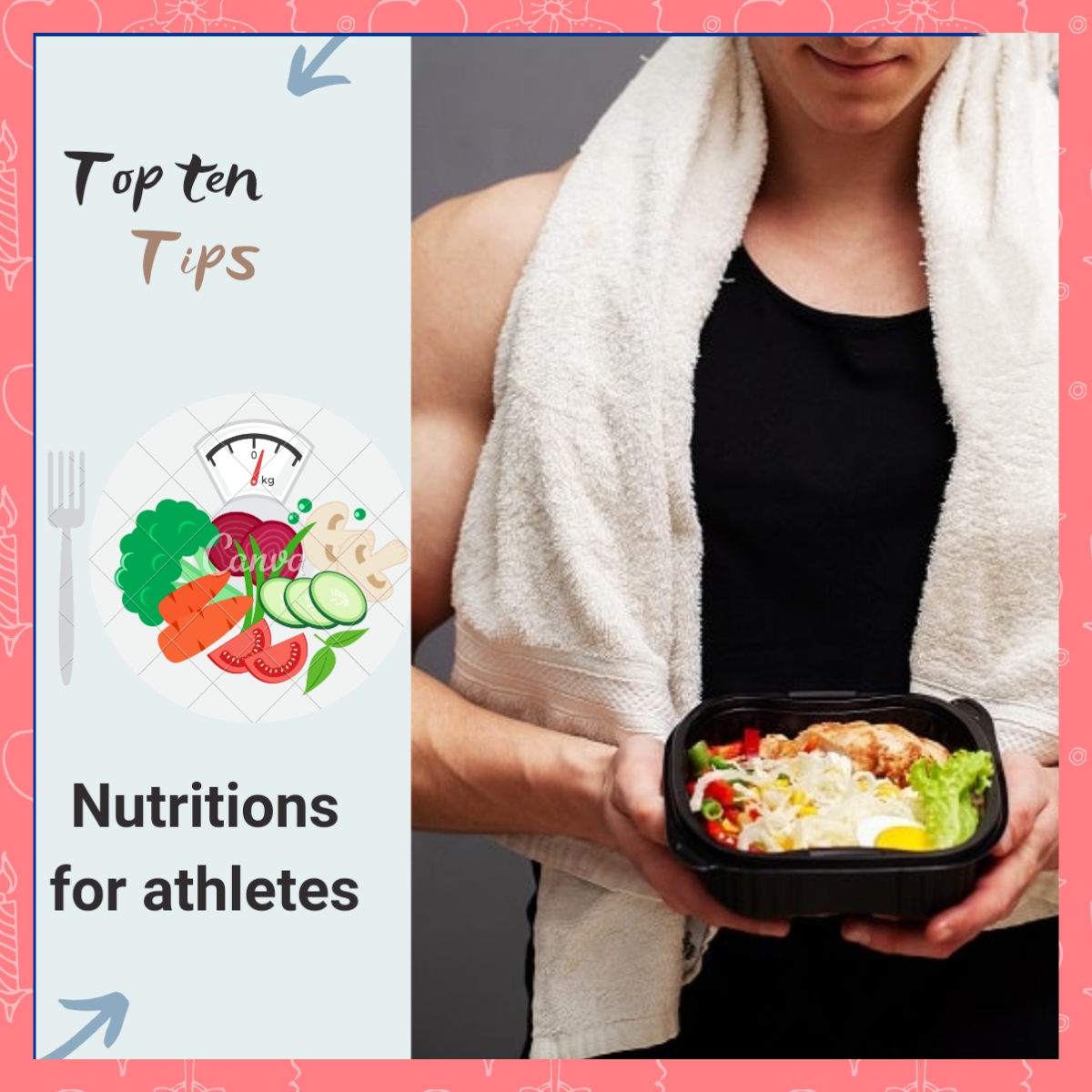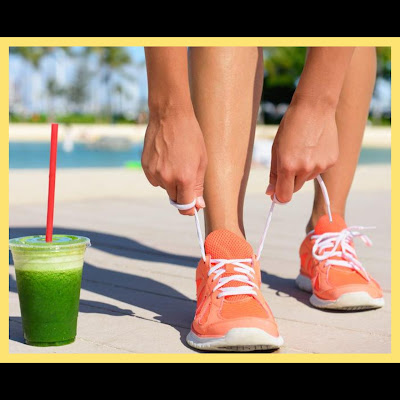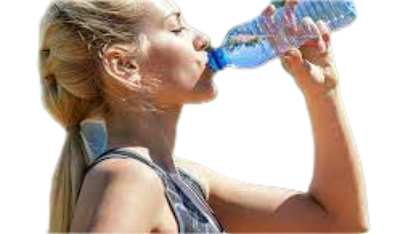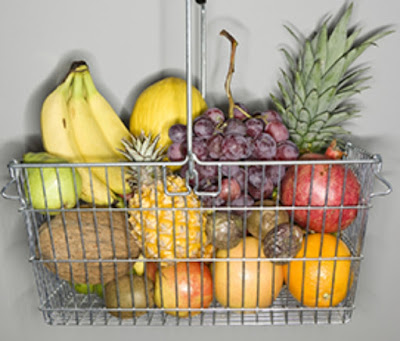If you know about athletes' nutrition, then you are in right place here you are learning about athlete diet and nutrition.
Nutrition plays an important role in athletes' performance. Eating a healthy, well-balanced diet can help athletes perform at their best and recover quickly from intense physical activity. In this blog, we will discuss the top 10 nutrition tips for athletes.
Athletes should eat a balanced diet that includes a variety of foods from all food groups. Carbohydrates, protein, and fat are essential macronutrients that athletes need in adequate amounts to fuel their bodies. Vitamins and minerals are also important for maintaining good health and optimizing performance. Athletes should aim to eat a diet rich in fruits, vegetables, whole grains, lean protein, and healthy fats.
Fuel Up Before Exercise
It is essential for athletes to fuel up before exercise to provide their muscles with the energy they need to perform. Carbohydrates are the primary source of energy for the body during exercise. Athletes should aim to consume a meal rich in carbohydrates about 3-4 hours before exercise. A pre-exercise meal may include oatmeal with fruit, yogurt with granola, or a turkey sandwich on whole grain bread.
Hydrate Before, During, and After Exercise
Staying hydrated is critical for athletes, as dehydration can impair performance and lead to fatigue and muscle cramps. Athletes should aim to drink water before, during, and after exercise to ensure they are adequately hydrated. In addition to water, athletes can also drink sports drinks that contain electrolytes to help replace the sodium, potassium, and other minerals lost through sweat.
Include Protein in Your Diet
Protein is essential for building and repairing muscles. Athletes should aim to consume adequate amounts of protein to support their training and recovery. The amount of protein an athlete needs depends on their weight, training regimen, and goals.
Eat Carbohydrates for Fuel Your Workouts
Carbohydrates are the primary fuel source for the body during exercise. Athletes should aim to consume adequate amounts of carbohydrates to provide their muscles with the energy they need to perform. Good sources of carbohydrates include fruits, vegetables, whole grains, and starchy vegetables like potatoes.
Consume Healthy Fats
Healthy fats are essential for good health and provide the body with energy. Athletes should aim to consume healthy fats like omega-3 fatty acids found in fish, nuts, and seeds. Good sources of healthy fats also include olive oil, avocado, and coconut oil.
Eat small, Frequent Meals
Eating small, frequent meals throughout the day can help athletes maintain their energy levels and prevent hunger. Athletes should aim to eat every 3-4 hours to keep their metabolism active and provide their bodies with a steady source of nutrients.
Recovery Nutrition
Athletes should consume a meal rich in carbohydrates and protein within 30 minutes of completing their workout to help their bodies recover. This recovery meal can include a protein shake, chocolate milk, or a turkey sandwich on whole grain bread.
Avoid Sugary Foods
Sugary foods and drinks can cause a spike in blood sugar levels, leading to a crash in energy levels. Athletes should aim to avoid sugary foods and drinks like soda, candy, and processed snacks.
Consult a Registered Dietitian
Consulting a registered dietitian can help athletes create a personalized nutrition plan that meets their individual needs. A dietitian can help athletes determine the right amount of calories, protein, carbohydrates, and fats to consume to optimize their performance and reach their goals.
Conclusion
In summary, athletes need to pay special attention to their nutrition to optimize their performance and recovery. Eating a balanced diet rich in carbohydrates, protein, healthy fats, vitamins, and minerals is crucial. Athletes should fuel up before exercise, stay hydrated, consume protein to support muscle building and repair, eat carbohydrates to fuel their workouts, and avoid sugary foods. Consulting a registered dietitian can also help athletes create a personalized nutrition plan tailored to their individual needs. By following these top 10 nutrition tips, athletes can achieve their goals and perform at their best.












0 Comments
If u have any question,please let me know.